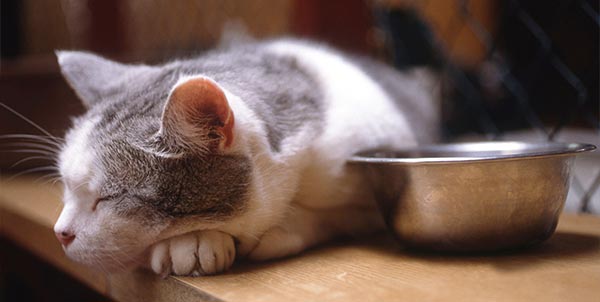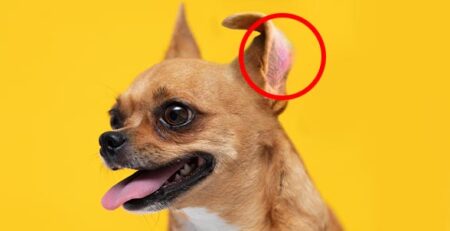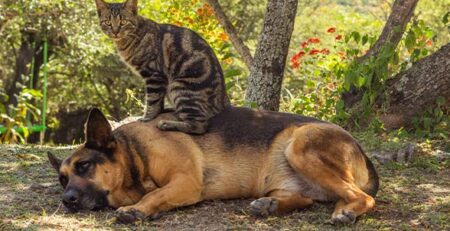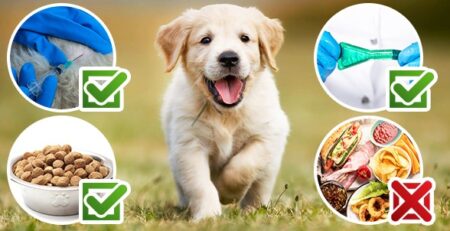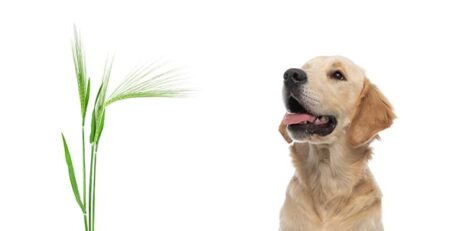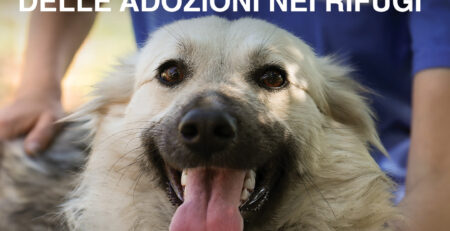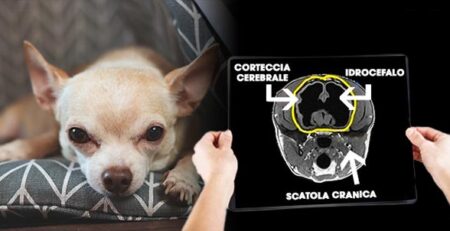Table of Contents
Cat hepatopathies: these are all those diseases that affect the liver of our kittens but also dogs.
Liver disease in cats and dogs generally brings particularly distinguishable symptoms: slimming, inappetence and lethargy are the most common.
Often, however, clinical signs occur when the disease is at an advanced stage and by then liver function is largely impaired.
The liver is a gland with many functions.
It plays a central role in the metabolic functions of dogs and cats, particularly in the synthesis, accumulation, and absorption of:
- Protein
- Glucose
- Lipids
- Vitamins A, D, C, E, K
- Bile acids
In addition, the liver has the function of producing cholesterol, an extremely important fat for the body when present in the right amounts.
More importantly, it has the function of eliminating toxic substances such as ammonia and urea or those taken in from outside, such as drugs.
But from what does hepatopathy arise?
Hepatopathies can be hereditary, caused by infection or ingestion of toxins.
A dog or cat with liver problems will probably have to live with this condition all his or her life.
Therefore, it is clear that recognizing liver disease as early as possible helps to improve the quality and length of life of the dog or cat.
What are the most common feline liver diseases?
Here are the most common ones:
- Acute toxic hepatopathy: when the liver is damaged by environmental toxins and drugs
- Hepatic lipidosis: when the cat’s body fails to metabolize fats and they accumulate in the liver
- Cholangitis: when an inflammatory process affecting the bile ducts and pancreas occurs
- Neoplasm: when the cells that make up the liver become damaged, they replicate out of control and begin to replace healthy ones
And here are the most common symptoms of feline liver disease
- yellowing of the skin (jaundice)
- accumulation of fluid in the abdomen (ascites)
- nausea and vomiting
- loss of appetite and weight
- overtiredness
- dark urine
- pale or grayish stools
When diagnosed, liver disease must be treated promptly with pharmacological protocols that vary depending on the cause of the disorder.
Treatments include, in addition to medication, and most importantly, a proper diet, which can be considered in effect a therapy.
The importance of food therapy for liver disease
Diet therapy plays a key role in the management of liver disorders because:
- Provides the right amount of energy and nutrients to meet the cat’s basic needs
- avoids malnutrition
- Prevents the accumulation of free radicals and copper
- Helps the regeneration of liver cells
- Reduces the risk of metabolic complications
Food administered should always be of high quality to be easily digestible.
The quality of food and the nutrients that foods should provide in liver disease
Proteins of animal origin reduce liver work and toxin accumulation.
Those of plant origin, on the other hand, help reduce ammonia production and absorption due to their high fiber content.
Cats with liver problems usually have little appetite so the food must provide energy and the fats contain a lot of it but should be dosed in moderation.
Specific dry and wet diets for hepatopathy are commercially available.
These are complete and balanced foods that are palatable and digestible with which they can be associated Therapeutic nutritional supplements formulated for functional liver support and usually containing fish oil, milk thistle, dandelion, turmeric, phosphatidylcholine.
A big problem with liver disease is that we notice the symptoms when the cat is at a critical stage
In that case, unfortunately, the likelihood of recovery is greatly diminished.
So, if you suspect that your cat is suffering from hepatopathy, run immediately to your trusted veterinarian for a checkup.
In this regard, we remind you that for any doubts or concerns, for checkups and more, the Staff Doctors at La Veterinaria Clinic are always available.
Veterinary Clinic is always open h24 every day including holidays and with First Aid service from 8 pm to 8 am.
For the joy of seeing them HAPPY.

